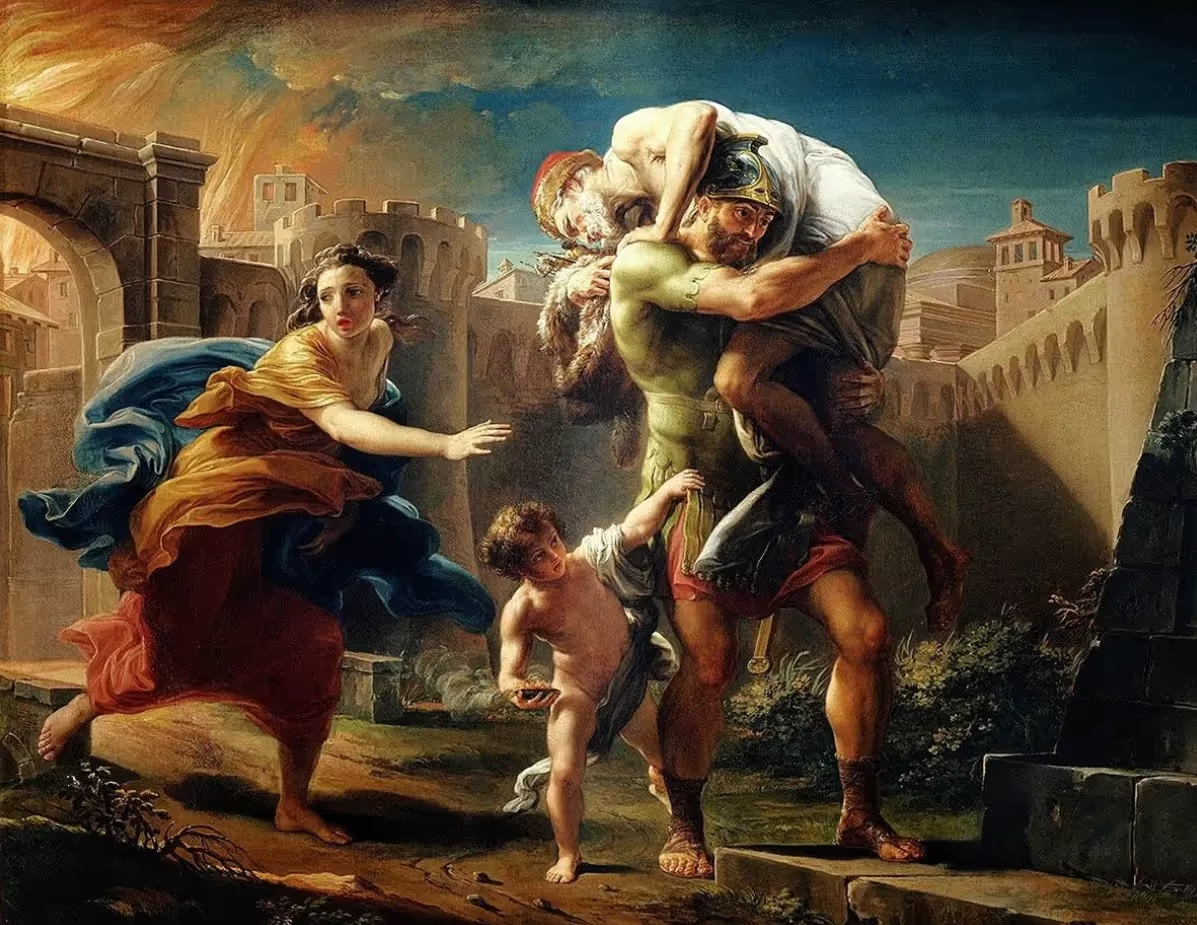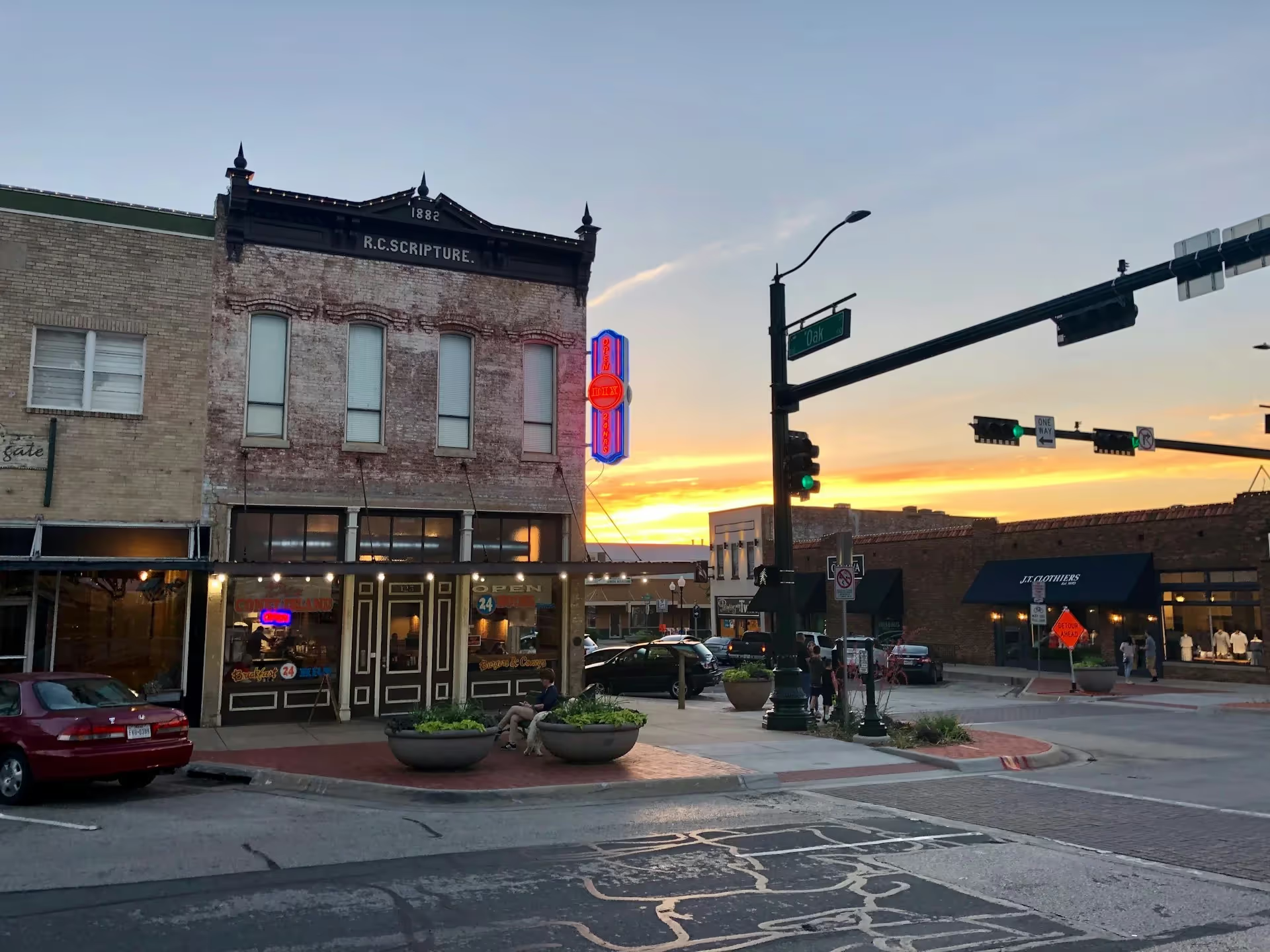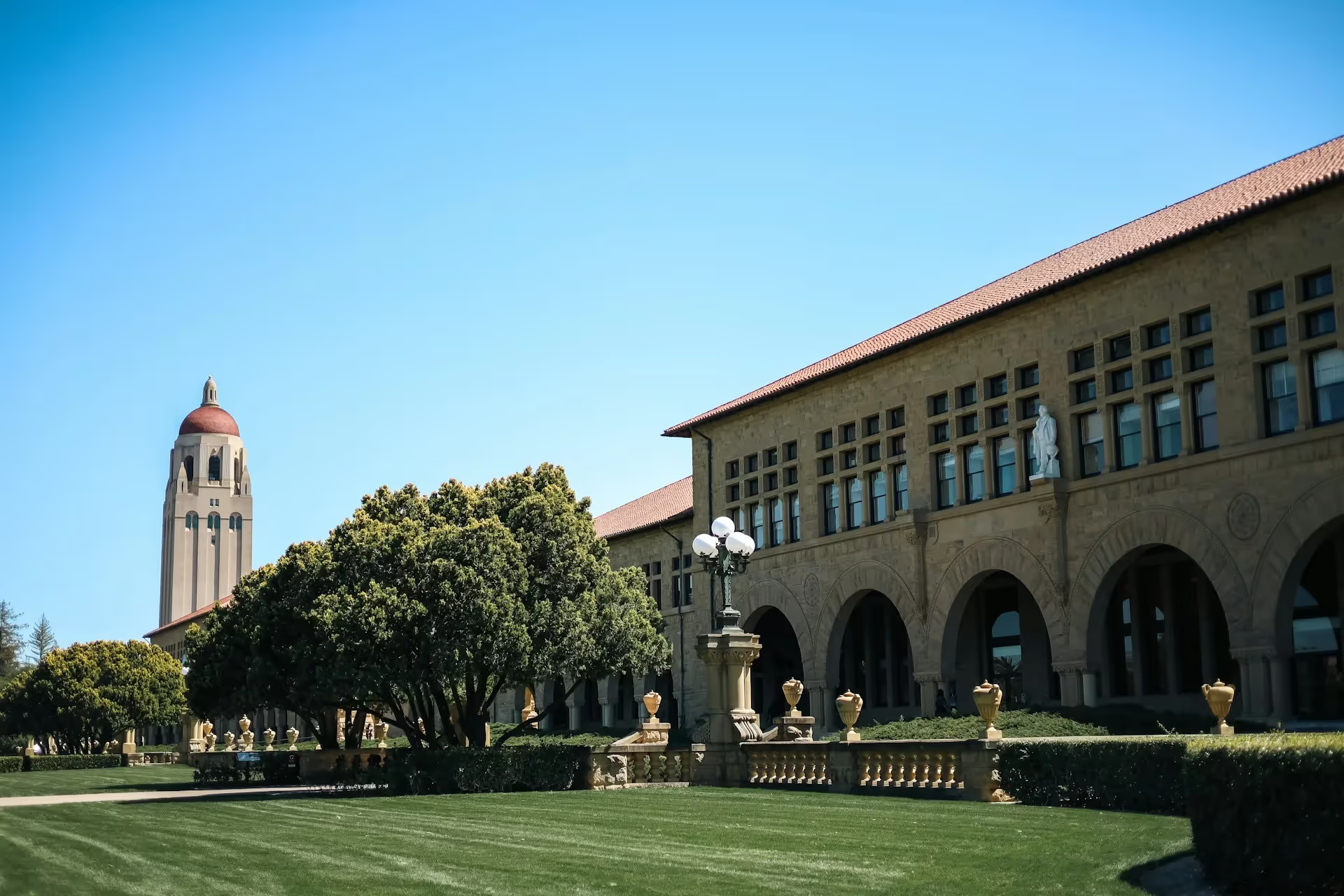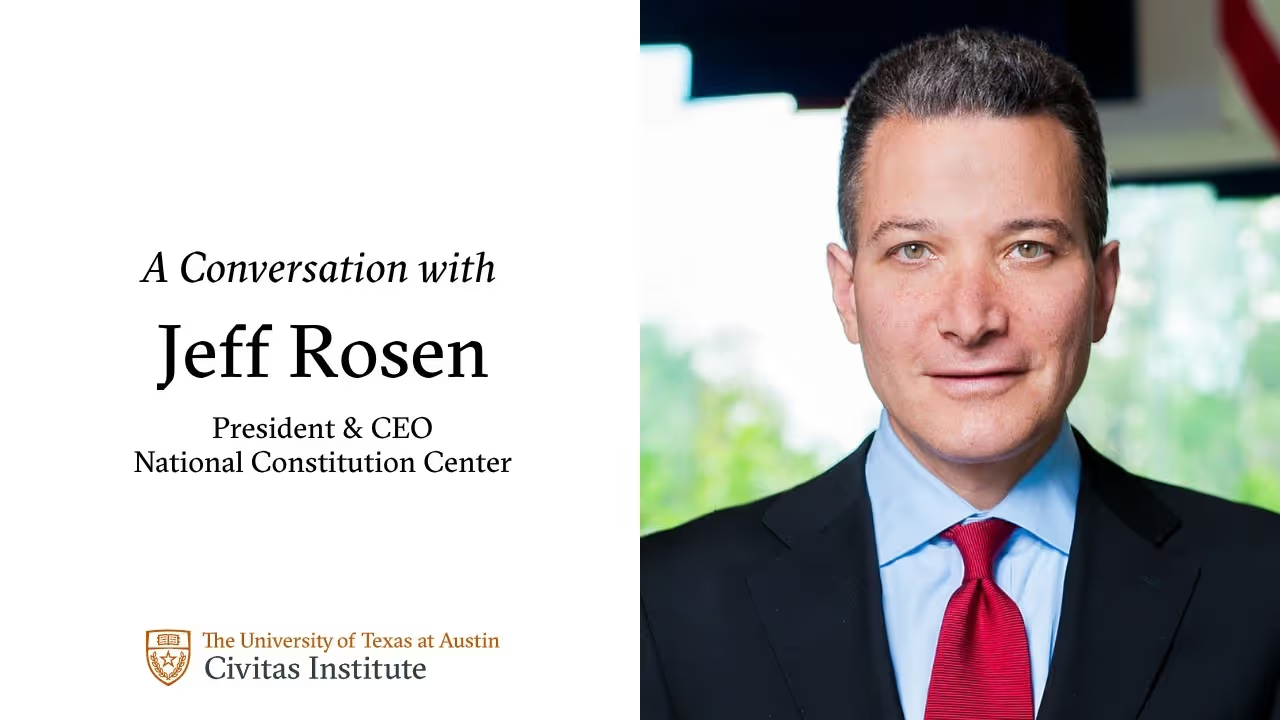
Vergil: Poet Laureate of the American Founding
Vergil was a popular source for participants in the 1787-1790 debates over the ratification of the Constitution.
The reverse side of the dollar bill reproduces the Great Seal of the United States. On the left is the back of the seal. It features two Latin phrases. Annuit coeptis means “He [i.e., God] has approved our undertakings.” It is an abbreviation of a line from a prayer in the ninth book of Vergil’s great epic poem, The Aeneid. The second phrase, Novus ordo seclorum, means “A new order of the ages.” It is a shortened version of a line from Vergil’s fourth Eclogue.
The Great Seal's front is on the right side of the bill. It includes the motto “E pluribus unum”—out of many, one. This motto derives from the line e pluribus unus, which appears in a Latin poem called Moretum (The Salad or Pesto). Although scholars now believe that Moretum was probably composed by another person, during the Eighteenth Century and for ages before, it also was attributed to Vergil.
Thus, in 1782, when the Confederation Congress adopted legends for the new country’s great seal, Congress turned to Vergil for all three.
Vergil’s Life and Works
Publius Vergilius Maro was born in 70 BCE near Mantua (Mantova), in northern Italy. This region was agricultural, and the poet’s love for farming and the countryside shines through in his verse.
Vergil was not physically robust, and by nature he was painfully shy. He never married or participated in political or military affairs. He became a celebrity only through his poetry.
Suetonius Tranquillus—the early-second-century producer of biographies on the first twelve Caesars—also wrote a short biography of Vergil. Suetonius tells us that Vergil composed poetry while still a teenager. Some of his early productions may be among those in the collection traditionally called the Appendix Vergiliana. This is the compilation which includes Moretum.
However, Vergil’s verified output appeared as three major publications: the Eclogues, the Georgics (Georgicon), and the Aeneid.
The Eclogues (also called the “Bucolics”) were published around 37 BCE. They made their author famous and attracted the patronage of Gaius Julius Caesar Octavianus, the young man who later became Caesar Augustus. The Eclogues are ten pastoral poems averaging 83 lines each.
Vergil based the pastoral form on the work of the Greek author Theocritis. But the Eclogues were so popular that they became the template for pastoral poetry forever after.
The Georgics, likely published in or near 30 BCE, is a single long poem. It consists of four “books” (scrolls) totaling 2,188 lines. The predominant theme is a description and celebration of agriculture, the Italian countryside, and rural life.
Vergil next began the Aeneid. He never quite completed it to his satisfaction, although its rough edges are insignificant within the scope of the work. It was not published until after Vergil’s death in 19 BCE.
The Aeneid is an epic consisting of nearly 10,000 lines in twelve “books.” Its structure is modeled loosely on Homer’s Iliad and Odyssey, although in reverse order. As one who read it in English as a young man and in Latin years later after learning that language, I can testify that only the reader with Latin competency can grasp the Aeneid’s truly astounding power and beauty.
The epic tells the story of the Trojan hero Aeneas, who, during the Greek sack of Troy, escaped with his father and his son. They met other Trojan refugees, and together they undertook a much-interrupted voyage to Italy—to a western land promised to them by the gods, who predicted it would be the seat of a great empire. After initial struggles, the Trojan refugees merged with the native Latins, and together they formed the people who would one day found Rome.
Vergil’s Influence on the American Founders
Eighteenth-century schooling centered largely on the Greco-Roman classics. Boys (and some girls) with educational aspirations typically began studying Latin shortly after their eighth birthdays. Boys headed for college later undertook the study of Greek as well.
Schoolboys read works by a variety of Latin authors: Caesar, Cicero, Horace, Livy, Ovid, Sallust, Tacitus, and others. But among writers of prose, Cicero seems to have made the deepest mark, and among poets, Vergil.
Hence, in 1782, the Confederation Congress decided to base all three slogans in the Great Seal on lines by Vergil.
Leading Founders’ personal correspondence frequently contained adaptations of Vergilian lines, often unattributed. To cite only three examples:
- On September 5, 1783, John Adams wrote from Paris to Elbridge Gerry, urging the preservation of some papers because hæc olim meminisse juvabit (the memory of this will be pleasing [or helpful] in the future)—a line from the Aeneid.
- In a letter dated April 6, 1784 to John Witherspoon, John Jay responded to Witherspoon’s request that he narrate the events of a particularly difficult sea voyage with the exclamation, jubes renovare dolorem (you order me to relive the pain). This was a shortened version of Aeneas’ reply when asked to recount the fall of Troy.
- On November 12, 1788, Virginia Federalist Francis Corbin wrote to his ally James Madison about the Anti-Federalist group headed by Patrick Henry. Corbin referred to “Henry & his pack” as “Myrmidonum Dolopumve”—Aeneas’ characterization of the Greek armies attacking Troy.
The late Jasper Griffin, the famous Oxford classicist, wrote a short book on Vergil’s works that I recommend to all people educated or seeking to be such. Professor Griffin observed that the Eclogues, although consisting of ten freestanding poems, actually follow a tight organizational scheme. Perhaps among the others who noticed it was Gouverneur Morris. Morris seems to have followed similar principles in constructing the Constitution’s Preamble. (Like other leading Founders, Morris quoted Vergil from time to time.)
Vergil was a popular source for participants in the 1787-1790 debates over the ratification of the Constitution. For example, when opposing the Constitution at the Virginia ratifying convention, George Mason warned that if the document’s Ex Post Facto Clauses were interpreted to include civil as well as criminal laws, courts might dispossess people who had purchased and settled on vacant land: “Our peasants will be like those mentioned by Virgil [sic],” he said, “reduced to ruin and misery, driven from their farms, and obliged to leave their country.” Mason recited the relevant line from the first Eclogue: Nos patriam fugimus—et dulcia linquimus arva. (We flee from our homeland; we abandon our sweet country.).
Incidentally, the subsequent New York ratifying convention took Mason’s warning seriously. It announced that New York ratified only on the assumption that the Ex Post Facto Clauses were limited to criminal cases, and in 1798, the Supreme Court so ruled.
There are many other instances of participants in the constitutional debates citing, or borrowing from, Vergil’s works. Here are a few:
- A Maryland Antifederalist writing as “A Farmer” (probably John Francis Mercer) warned that the Constitution could bring heavy federal taxation. He employed a line from the third Eclogue about a greedy shepherd who milks his sheep twice every hour, thereby robbing baby lambs of nutrition.
- Another Antifederalist warned about the Constitution with a now-common metaphor from the Eclogues: “A snake lies in the grass.”
- Still another, borrowing from the Aeneid, quoted lines from the story of how the Trojans dragged the fateful wooden horse into their city:
Instamus tamen immemores caecique furore
et monstrum infelix sacrata sistimus arce.
Yet we push forward, unmindful, blinded by madness,
and erect the ill-omened monstrosity within our sacred citadel.
- A Federalist writer borrowed from the Aeneid to highlight the sad state of the Union under the Articles of Confederation: Sunt lacrimae rerum— “There are tears for things.”
- Another resorted to the Aeneid to lament the hardship that state paper money loaded on responsible savers: Hic labor, hoc opus est—“This is the toil, this is the task.”
- Maryland’s Charles Carroll of Carrollton quoted lines from the Aeneid to predict that, just as the universal spirit animates the world, under the Constitution, the federal government would re-animate the union:
Spiritus intus alit: totamque infusa per artus
Mens agitat molem, et magno se corpore miscet.
The spirit nourishes, the limbs infused, the mind sways the mass and mixes with the great body.”
While the issue of ratification was still undecided, impatient Federalists could only state their case and endure. Several recited the Aeneid’s verse which is referred to in John Adams’ letter, quoted above: “Perhaps one day it will be pleasant (or helpful) to remember even this.”
As state after state ratified, pro-Constitution newspaper editors rejoiced with lines from the most famous eclogue, the fourth or “Messianic” one:
Incipient magni procedere menses
The great months [i.e., ages] will now go forth.
Redeunt Saturnia regna.
The Golden Age returns!
Why Vergil?
Why did the founding generation feel such an affinity for Vergil? As an apologist for the Augustan regime, he was hardly a republican stalwart. On this subject, we are limited to informed speculation.
There was, first, Vergil’s commanding position within the educational canon. Moreover, some (including, famously, Thomas Jefferson, in whose correspondence the poet frequently appears) were attracted to the agrarian virtues celebrated in the Georgics—virtues that Vergil claimed were the basis for Rome’s great success. And some Founders likely could relate to Aeneas: a military hero rather than a ruffian like Achilles. He was reverent and dutiful (pius), a man sincerely committed to doing the right thing. He was a leading force in the foundation of a new nation.
A George Washington sort of hero.
Then there was the plot of the Aeneid: Abuse from abroad forced the Trojans to flee, just as abuses by the British ministry induced the Founders to leave the British Empire. Aeneas survived the fire of Troy (read: the Revolution) to wander for years (the Confederation period) before establishing a new and great nation.
For these or other reasons, Vergil was a favorite of the founding generation: the source of poignant lessons, powerful language, and political inspiration.
Robert G. Natelson, a former constitutional law professor with classics training, is senior fellow in constitutional jurisprudence at the Independence Institute in Denver. He authored The Original Constitution: What It Actually Said and Meant (3rd ed., 2015), the fourth edition of which is forthcoming.
Pursuit of Happiness

The Rise of Latino America
In The Rise of Latino America, Hernandez & Kotkin argue that Latinos, who are projected to become America’s largest ethnic group, are a dynamic force shaping the nation’s demographic, economic, and cultural future. Far from being a marginalized group defined by oppression, Latinos are integral to America’s story. They drive economic growth, cultural evolution, and workforce vitality. Challenges, however, including poverty, educational disparities, and restrictive policies, threaten their upward mobility. Policymakers who wish to harness Latino potential to ensure national prosperity and resilience should adopt policies that prioritize affordability, safety, and economic opportunity over ideological constraints.

Exodus: Affordability Crisis Sends Americans Packing From Big Cities
The first in a two-part series about the Great Dispersion of Americans across the country.

The AI Future: Between Certain Doom and Endless Prosperity
AI continues to become more complex and sophisticated, but public policy solutions do not.

The Castle, the Cathedral, and the College
Our civilization struggles to explain why anything should command allegiance beyond preference or power; its remnants echo a grandeur now distant.

















